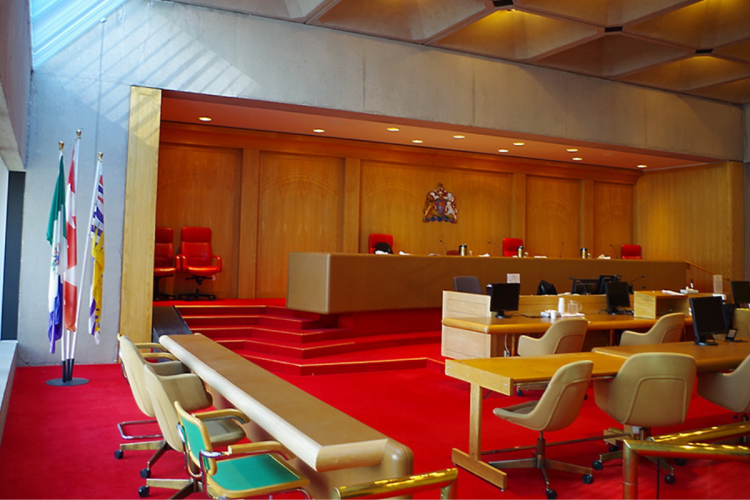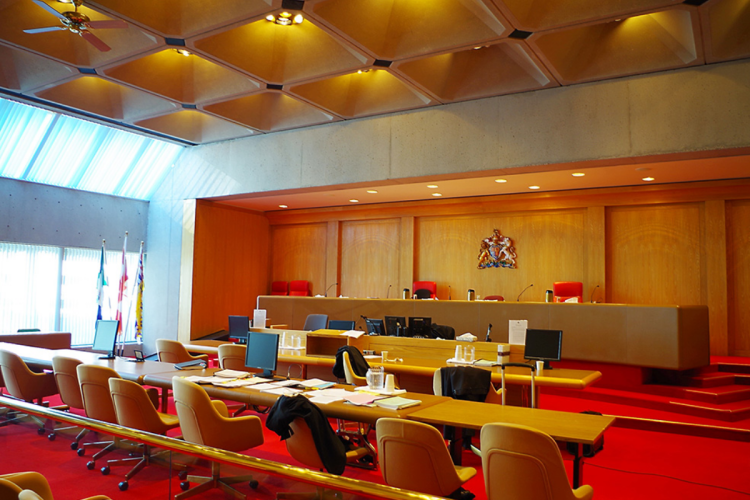Plans of arrangement: Reflections from the West on court approval of arrangements

A plan of arrangement is a shareholder-approved and court-supervised procedure available under the Canada Business Corporations Act and equivalent provincial legislation. The arrangement provisions offer flexibility to companies seeking to restructure in certain specified and significant ways through a statutory court process. Court oversight ensures the transaction is fair, reasonable and transparent for all stakeholders. A general understanding of the judiciary’s role in facilitating such transactions may prove useful in determining suitability of this framework for particular transactions.
Fundamentals of an arrangement
A plan of arrangement (hereinafter referred to as an “Arrangement”) is a statutory procedure available under the Canada Business Corporations Act, RSC 1985, c C-44 (CBCA), and equivalent corporate provincial legislation wherein a corporation wishing to combine or make other “fundamental changes” can apply to the court for an order approving a proposed Arrangement. The arrangement provisions offer flexibility in complex business combinations and restructurings, the purpose of which is to allow significant changes to corporate structure while ensuring the fair treatment of individuals and groups whose rights may be affected.
To effect an Arrangement, the companies must first sign a definitive agreement setting out the principle terms of the transaction, together with the parties’ representations, warranties, covenants and any conditions precedent. From there, the legislative provisions contemplate a three-step process for approval of an arrangement.
Three-Step process for approval
The arrangement provisions contemplate a three-step process for approval:
Interim order hearing
The first of the three-step process involves application to Court for an interim order for directions regarding the calling of a meeting of securityholders to consider and vote on the arrangement. In preparation for the interim order, the target company prepares a draft management information circular which is appended as an exhibit to the materials filed in support of the interim order. The purpose at the interim order stage is simply to “set the wheels in motion for the application process” by establishing “the parameters for the holding of the shareholder meeting to consider approval of the arrangement in accordance with the statute.” At the interim stage, the court need only satisfy itself that “reasonable grounds” exists to regard to proposed arrangement as an “arrangement” under the statutory provisions.
Shareholder meeting
Next, the securityholders meet to consider and vote on the Arrangement by special resolution. This meeting must take place in accordance with the directions issued by the court in the interim order and in conformity with corporate bylaws.
Final order (fairness) hearing
Assuming the requisite securityholder approval has been obtained, the final step involves returning to Court and seeking a final order, generally referred to as the “fairness hearing”, approving the Arrangement. The leading authority on the role of the court at the final order stage set out that the company has the onus of satisfying the court that the statutory procedures have been met, the application has been put forward in good faith and the arrangement is fair and reasonable. To meet this last prong of the test respecting “fair and reasonable,” the court must be satisfied that:
- The plan serves a valid business purpose
- The plan adequately responds to the objections of those whose legal rights are being arranged.
Depending on the circumstances, support from third parties (such as a fairness opinion) may be filed to assist the court in assessing whether the transaction is fair and reasonable in its treatment of stakeholders.
Recent jurisprudence on the “fair & reasonableness” indicia
There are a number of factors a court may consider in assessing whether the objections of those whose legal rights are being arranged are being resolved in a fair and balanced way. The relevance of such factors varies from case-to-case and, notably, “[n]one of these [factors] alone is conclusive”
In TCPO Holding Corp. (Re), 2023 BCSC 1402, the British Columbia Supreme Court, relying on BCE Inc., affirmed the following factors for consideration at paragraph 11:
- Whether there are conflicting interests between different groups of affected rights holders
- Whether a majority of the shareholders have voted to approve the arrangement (this factor is to be given considerable weight)
- Whether an intelligent and honest businessperson, as a member of the voting class concerned and acting in their own interest, would reasonably approve of the arrangement (a factor typically considered in circumstances where there is no vote)
- The repute of the directors and advisors who approve of the arrangement and the arrangement’s terms
- Whether the shareholders have access to dissent and appraisal remedies
Courts recognize that there is no such thing as a perfect arrangement. In the recent decision of Fission Uranium Corp. (Re), 2024 BCSC 1868, the court remarked:
[117] I am also satisfied that Fission’s change to the voting classes was not done in bad faith, despite my misgivings about the process. It is clear that the Fission board believes this Arrangement is in the company’s best interests and views CGN’s objection as not reflecting on the Arrangement’s fairness to CGN in its capacity as a shareholder. That view is largely supported by the findings I have made. I am satisfied that this view is what motivated Fission to seek the change to the Interim Order and I am persuaded it was done in good faith.
The decision in HEAL Global Holdings Corp (Re), 2023 ABKB 451 (HEAL), warns that Arrangements are not without risk. There, the Alberta Court of King’s Bench refused to approve an arrangement involving a distress company where the fair and reasonableness test was not met for the following primary reasons:
- One of the arranging parties held a dominate voting position in the shareholder vote
- The Arrangement had not been approved by a special committee of the board of directors or supported by an independent fairness opinion
- The information available at the shareholders meeting was “prejudicially out of date”
- Dissent rights were offered but were effectively unavailable given the insolvency of the company
The findings in HEAL are a stark reminder that courts take review of the fairness of arrangement transactions seriously and that no single factor will conclusively establish fairness. Rather, courts undertake a “holistic review of all of the pertinent factors” to determine the fairness and reasonableness of the arrangement.
Note: This article is of a general nature only and is not exhaustive of all possible legal rights or remedies. In addition, laws may change over time and should be interpreted only in the context of particular circumstances such that these materials are not intended to be relied upon or taken as legal advice or opinion. Readers should consult a legal professional for specific advice in any particular situation.




